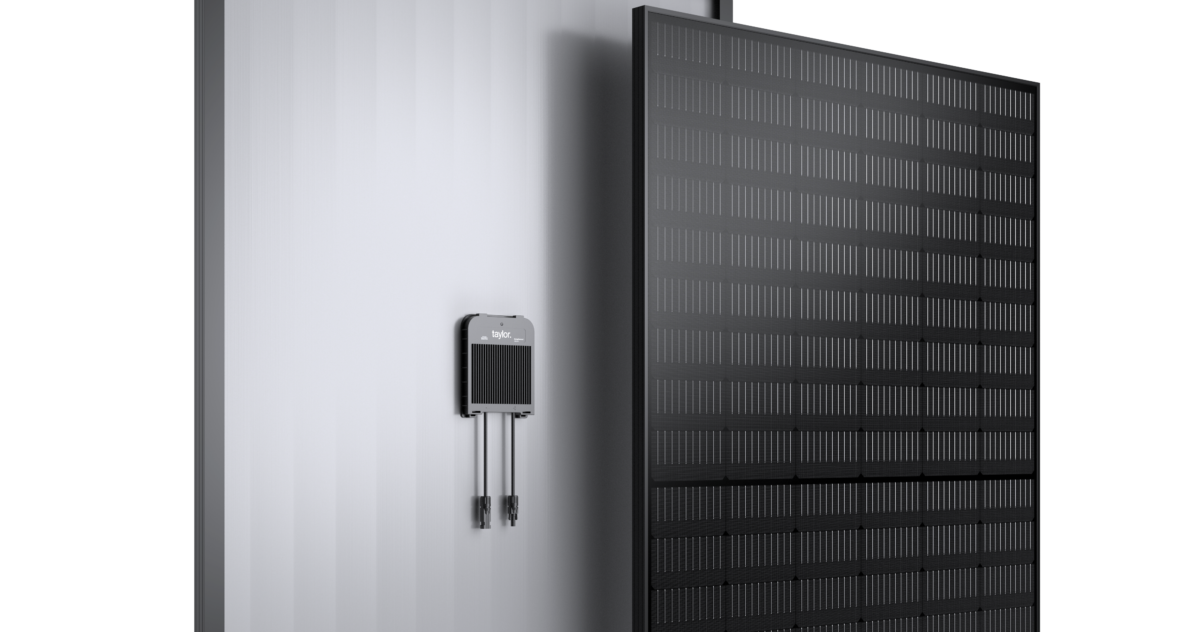Taylor, an Eindhoven University of Technology spinoff and developer of cell string optimizers (CSO), communications gateways, and inverter technologies, has raised €8 million ($8.6 million) to finance international expansion.
“Contracts in Belgium and France have been signed. Next is expanding into Germany,” Michiel Roelofs, Taylor CEO told pv magazine. “To enter a new market, there are no real changes to the product. But it is very important to us to work together with the right distribution partners alongside our local teams to provide the best service to our customers.”
New investor ABP, the Dutch pension fund, provided capital alongside existing backers Rubio Impact Ventures, a venture capital investor, and the Brabant Development Agency (BOM).
The Taylor products were developed to address PV performance degradation that results from shading, microcracks or soiling. Its CSO is typically in demand in rooftop applications where space is limited, and there are potentially more obstacles to creating shading. “This type of customer wants maximum power per square meter. It is the most valuable here,” explained Roelofs.
Each CSO can communicate with an integrated app that provides monitoring, management and data access functions. The CSO reportedly optimizes the current six times per panel. “There have been similar optimization technologies, but without the monitoring and safety features the technology does not have the same value,” said Roelofs who added that implementation “requires a strong collaboration between manufacturing partners to design and produce” the modules.
Currently, the Taylor CSO technology is integrated into modules made by Sonnex Energie, a German module manufacturer. Specifically, it is available in the Sonnex 405-410 W Full Black and the new tunnel oxide passivated contact (TOPCon) line, known as Sonnex Topcon 430-440 W Full Black. The latter has a 20-year product warranty, 30-year power warranty and 25-year optimizer warranty.
The Taylor CSO technology is compatible with inverters from Goodwe, FoxEss, and Solis. “We are working on releasing more inverter models and brands. The most important part for us is to thoroughly test the compatibility of the inverters to make sure everything works as expected,” said Roelofs.
This content is protected by copyright and may not be reused. If you want to cooperate with us and would like to reuse some of our content, please contact: editors@pv-magazine.com.



1 comment
By submitting this form you agree to pv magazine using your data for the purposes of publishing your comment.
Your personal data will only be disclosed or otherwise transmitted to third parties for the purposes of spam filtering or if this is necessary for technical maintenance of the website. Any other transfer to third parties will not take place unless this is justified on the basis of applicable data protection regulations or if pv magazine is legally obliged to do so.
You may revoke this consent at any time with effect for the future, in which case your personal data will be deleted immediately. Otherwise, your data will be deleted if pv magazine has processed your request or the purpose of data storage is fulfilled.
Further information on data privacy can be found in our Data Protection Policy.